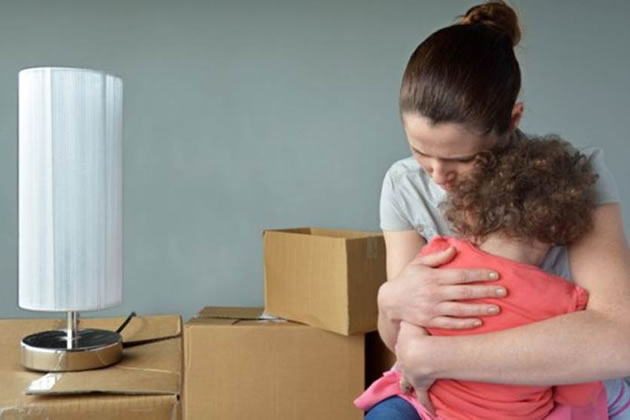Over 30,000 households in the borough now claiming

Over 500,000 London children could be worse off if £20 weekly uplift to UC is removed. Picture: Richmond Council
August 26, 2021
Families on Universal Credit (UC) in the borough of Ealing have doubled since the pandemic began, Department for Works and Pensions figures show.
Between the same dates households on UC in Ealing rose by 116 per cent to 31,896.
Of the 294,125 families in London living in households relying on the benefit, 80,048 are in west London. In neighbouring Hounslow the number of claimants rose by 77 per cent to 27,498.
The figures only include families that received a UC payment for the month.
UC claimants in London’s south western boroughs, Richmond, Kingston and Wandsworth, also doubled from 9,525 claiming UC in February 2020 – to 21,820 as of July 2021.
The Royal Borough of Kensington and Chelsea also saw a doubling of claimants following the pandemic, going from 4,263 residents applying in February 2020 to more than 9,000.
More than half a million of London’s children could be worse off if the £20 weekly uplift to UC is removed.
The proposed ditching of the £20 increase to UC this October – put in place at the start of the pandemic – has been dubbed the largest overnight social security cut since World War Two.
Of the 294,125 families on UC in the capital, 130,692 (44 per cent) had a youngest child aged four or younger. Among those, 58,921 had a baby aged just one year old or less.
Overall, 217,361 (74 per cent) of the families had a youngest child aged 10 years old or less.
A recent survey of around 1,000 people on UC by Save the Children found around half of them thought they won’t be able to live on £20 less per week.
Alison Garnham, chief executive of the Child Poverty Action Group, said: “The Government increased UC because it recognised that without the extra £20 people claiming it – nearly half of them working – wouldn’t have enough to live on. That is as true today as it was a year ago.”
Ms Garnham said 300,000 more children will be pushed into poverty if the cut goes ahead.
She added, “Ministers must heed the calls from right across the political spectrum to revoke the cut in the interests of children’s life chances and of our national recovery.”
A Department for Work and Pensions spokesperson said: “We are committed to making sure every child gets the best start in life and introduced the temporary uplift as part of a £400 billion support package that has provided a vital safety net for millions of families.
“Children in households where every adult is working are around five times less likely to be in poverty than households where nobody works.
“That is why our focus now is on our multi-billion pound Plan for Jobs, which will support people in the long-term by helping them learn new skills and increase their hours or find new work.”